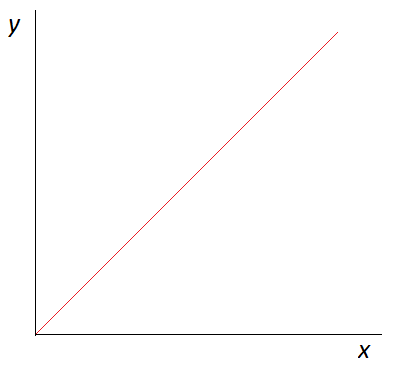Question
Question: In a golf tournament, if we designate the hole as the origin, and the putter ( like a bat) is at \( ...
In a golf tournament, if we designate the hole as the origin, and the putter ( like a bat) is at −5.0m at time 0s , the velocity-time graph will be

(A) A straight line inclined to the time axis
(B) A straight line parallel to the time axis
(C) A concave curve
(D) A convex curve
Solution
Hint
The displacement time graph gives the velocity of the body. And the velocity time graph gives the acceleration of the body. So calculate the velocity of the ball.
Complete step by step answer
The position of the golf ball at interval of time is given in the figure. The change in position is the displacement of the golf ball. Here the positions are marked at an interval of 1s .
Here, the golf ball moves in equal distances in an equal interval of time. Thus the golf ball is in uniform velocity.
Let’s take the initial position as s1=−3m and the final position as s2=−2m . The time when the golf ball is in s1 is t1=2s . The time when the golf ball is in s2 is t2=3s .
The expression for velocity is given as,
v=t2−t1s2−s1
Substituting the values in the above expression,
v=3s−2s−2m−(−3m)
=1m/s
Thus the velocity will be 1m/s .
And this velocity is the same for all the positions in each interval of time. Therefore the golf ball is in uniform velocity.
The acceleration is given as the change in velocity per time. The velocity time graph gives acceleration.
Therefore, the expression for acceleration is given as,
a=tv
Where, v is the velocity and t is the time.
Here, the velocity in each interval of time is 1m/s . Therefore when we plot the time on X-axis and velocity on Y- axis, for each value of time, the Y- axis will mark the same 1m/s . As the time changes the velocity does not change. So the graph will be a straight line parallel to the X- axis where the time is marked. It will look something like the graph given below.

The answer is option (B).
Note
We have to note that for uniform velocity, the velocity time graph will be a straight line parallel to the X- axis. And for uniform acceleration the graph will have a straight line inclined to the time axis.
